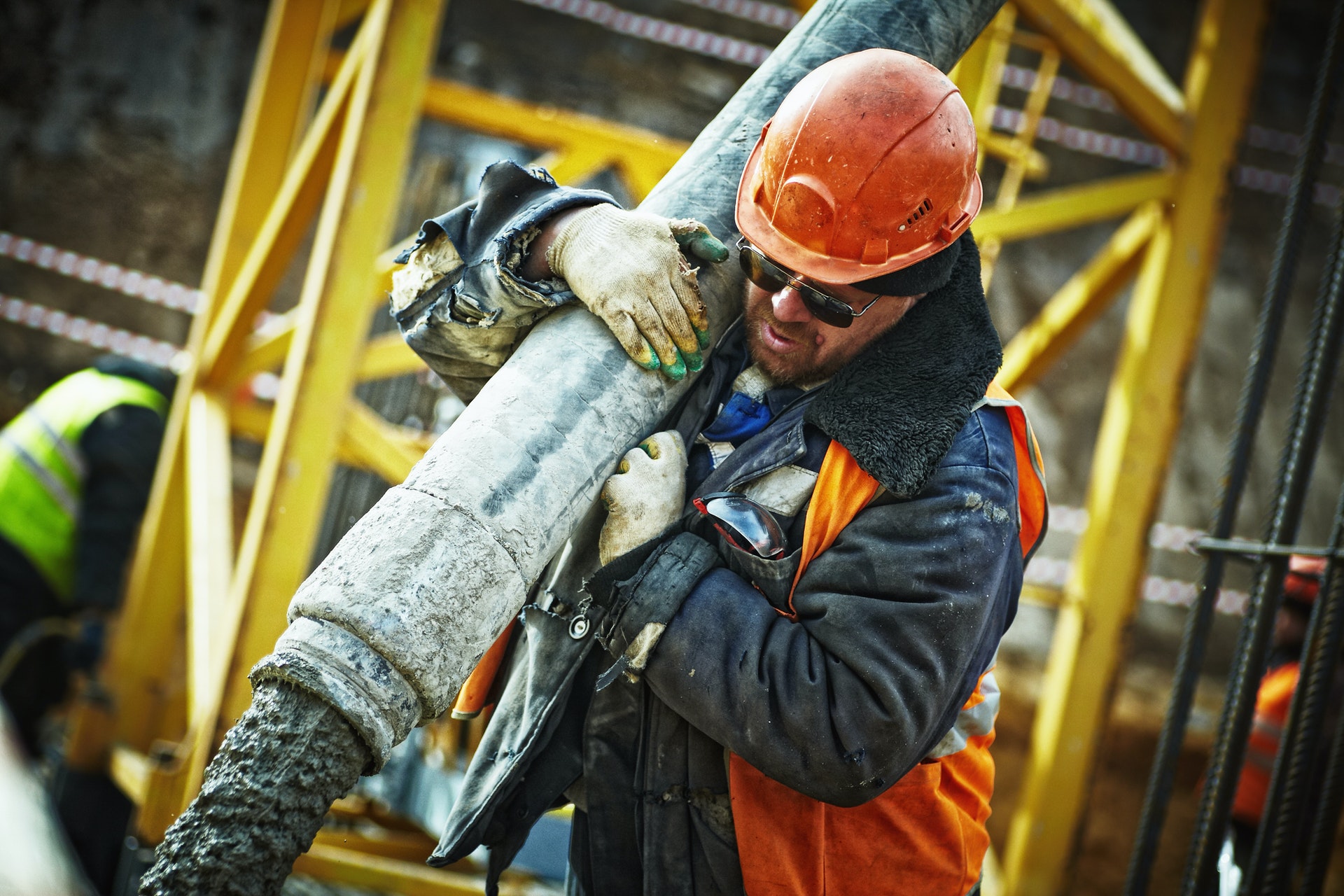
HMRC publishes guidance on new VAT domestic reverse charge for the construction industry
24 June 2019| CATEGORIES: building and construction services, domestic reverse charge, VAT| TAGS: domestic reverse charge, new VAT rules, VAT News
HMRC has published new guidance on the VAT domestic reverse charge for building and construction coming into effect on 1 October 2019.
Background
In a bid to tackle fraud in the construction industry, HMRC proposed the introduction of a domestic reverse charge in 2017. A consultation on draft legislation was held last year.
The measure is intended to remove the opportunity for fraudsters to set up construction companies, charge VAT to customers and then vanish before paying it over to HMRC. This is known as missing trader fraud.
What is the VAT reverse recharge?
The VAT reverse charge is a major change to the way VAT is collected in the building and construction industry.
Under this new taxation system, rather than the supplier charging and accounting for the VAT, it is the recipient of those supplies who will account for the VAT.
Businesses registered for VAT in the UK, who supply certain construction services to another VAT registered business for onward sale (B2B), will be required to issue a VAT invoice on which it is clearly stated that the supply is subject to the domestic reverse charge.
The recipient must then account for the VAT on that supply through its VAT return, instead of paying the VAT to the supplier. The recipient may recover that VAT amount as input tax, subject to the normal rules.
The reverse charge does not apply if the service is zero rated for VAT or if the customer is not registered for VAT in the UK.
What supplies will the reverse charge affect?
The reverse charge will apply to ‘specified supplies’: building and construction services supplied at the standard or reduced rates that also need to be reported under the Construction Industry Scheme (CIS).
The Government’s original proposal was to apply the reverse charge to ‘labour only’ supplies of construction services, however it will now also apply to the provision of construction services that includes materials, impacting significantly more construction businesses than at first thought.
For further details, see the new guidance available on the GOV.UK website here.
